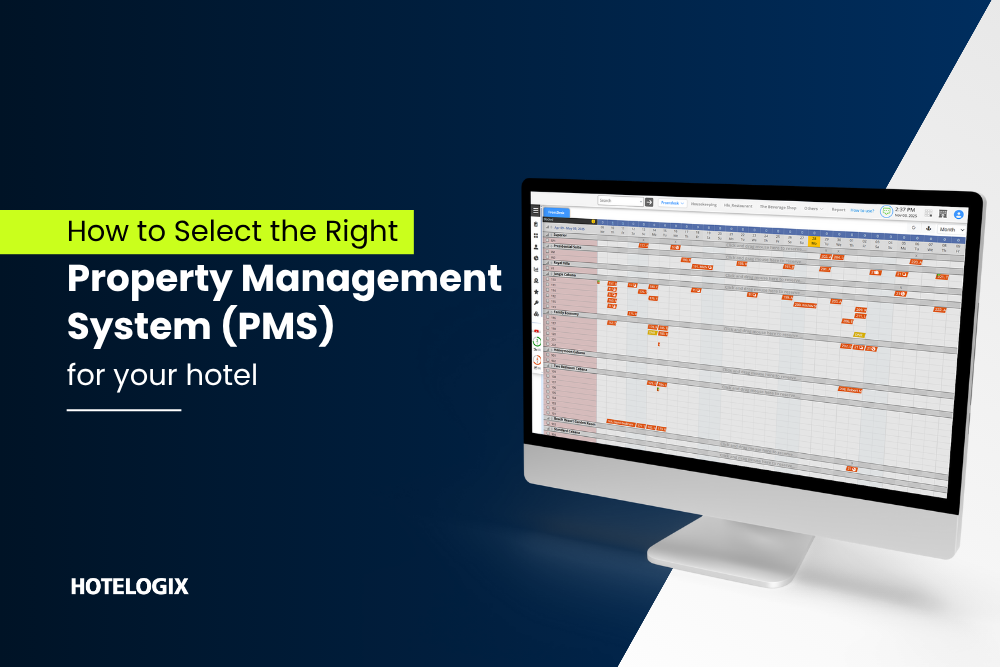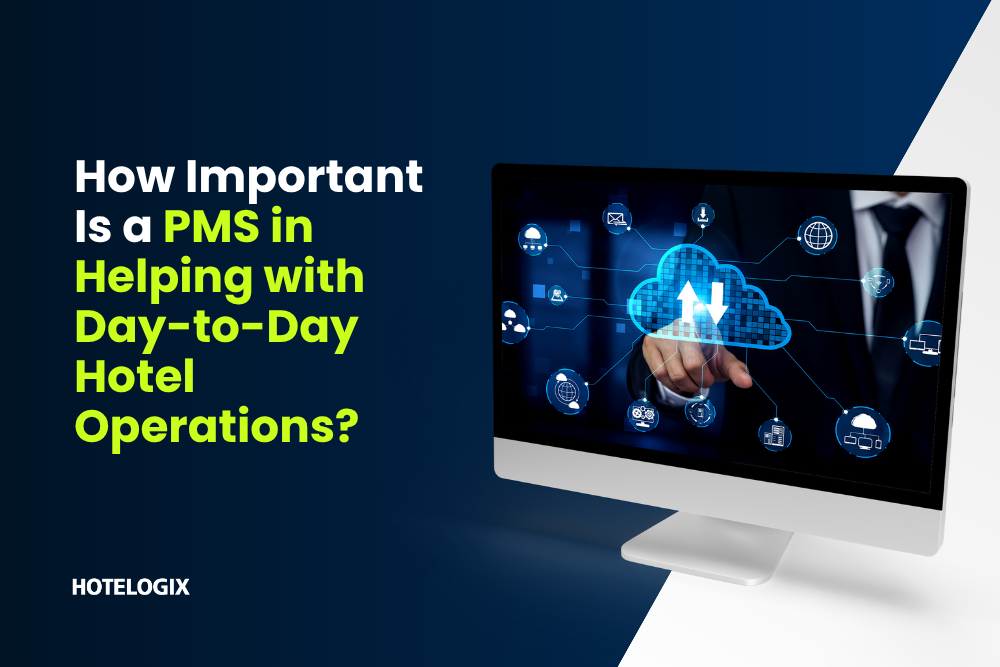The landscape of hospitality has undergone drastic changes over the last few decades. Property management systems have revolutionized the way hoteliers run their business over the last few decades. With the system streamlining all operations and even automating tasks, productivity went up and most importantly, staff had more time to attend to guest needs.
Limited accessibility was an initial stumbling block
The only issue was, these older systems were extremely expensive to setup and required massive upfront capital that only the biggest chains could afford. As a result, the software’s accessibility was limited to the few wealthy properties capable of paying for the upkeep and maintenance of the infrastructure.
While this was an early stumbling block for independent properties, things have completely turned around now!
Cloud has made the property management system more accessible
The onset of the cloud platform has torn down all barriers to accessibility for independent hotels. Since the software is hosted on off-shore servers that are maintained by the service provider, hotels could purchase the system on a pay-as-you-go basis without incurring any of the associated capital expenses. Additionally, the cloud platform provided clients with a host of other benefits that earlier legacy systems didn’t offer – owners can now manage their property from any part of the world with nothing more than a laptop and internet connection!
Real-time integration
Online distribution has now become a major factor behind a hotel’s long-term success and with cloud technology, properties can integrate in real-time to online portals like OTAs and booking websites to sell globally. Moreover, the real-time connectivity ensures that rates as well as inventory are updated across all channels instantaneously. This ensures that hotels avoid issues like double-booked rooms and can sell until the very last room.
A better guest experience
The quality of the guest’s stay is the key component of a hotel’s image. And for small properties without the sort of staffing numbers that large hotels enjoy, you often have a scenario where multiple responsibilities are undertaken by the same person. In such a landscape, freeing up even an hour or so a day can make a huge difference. By automating a number of time-consuming tasks such as night auditing, reservation management and so on, a property management system can provide employees with valuable time to spend attending to guests instead of carrying out mundane activities.
But it’s not just the time saved – such a system also eliminates manual errors, something very important when you consider how quickly a miscalculated folio can turn a pleasant experience bitter.
It’s not just the stay that cloud technology has optimized, hoteliers can now reach out and communicate with guests even the pre and post booking stages by integrating and sharing guest information on the PMS with third-party systems like MailChimp and ReviewExpress. These strategies don’t just improve brand loyalty, they also attract more positive reviews!
Joining the cloud is now almost mandatory for hotels looking to remain competitive in what’s becoming an increasingly congested marketplace.
—






